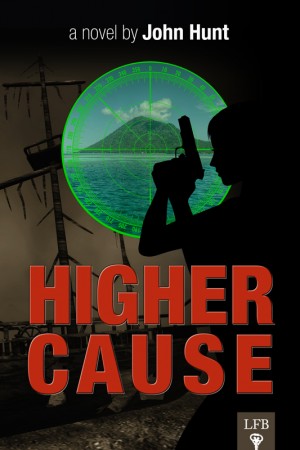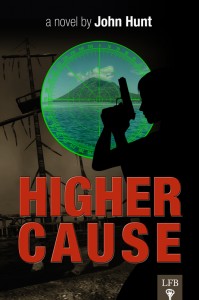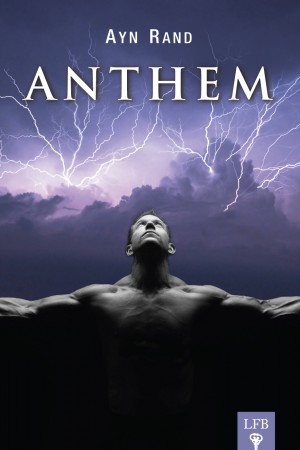This review is part of a series covering each installment of the serialized novel Higher Cause, written by John Hunt and published by Laissez Faire Books. To catch up, start with the announcement, the book’s link-rich table of contents, and the first review.

Spoilers
There are action and thrills in the offing this week. The sequence we follow sees some separate strands of story come together and follows them through four chapters, the largest offering to date. It finishes in what may be termed the eye of the storm. A crisis is averted, but a larger one looms in the near future.
Hunt has developed a number of characters and spent time positioning them and this week takes advantage of this preparatory work. What we read has enough to be the ultimate climax of a book like this, but we know there is much more to come. It is quite a thrill ride, but I do have a couple of criticisms to make.
The first criticism is that I thought there needed to be more obstacles to heighten the suspense. The setup is excellent, but midway through this latest attack on The Island, some of the danger has been resolved too easily. Don’t just have a man crash his bike and break his arm. Have him fall in a mud pit, too. Then have it start raining, threatening to drown him in the mud pit. Give him a ray of hope in the form of a root that he can grab and climb to safety, but then make the root actually be a snake, which bites him.
A sequence like that should be drawn out as far as tolerable by having the hero’s plight worsen and worsen with each new setback. Every hope or near-resolution must be yanked from his grasp at the worst moment, only to be replaced by another difficulty. This sort of thing might well double the length of the four chapters, but it would probably quadruple the entertainment value. As it is, the sequence is good, but it is not the kind of nearly unbearably good that it could be.











